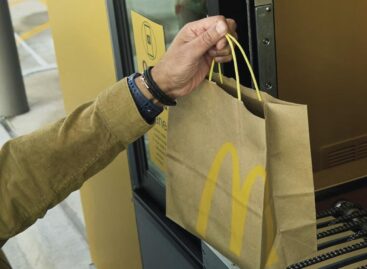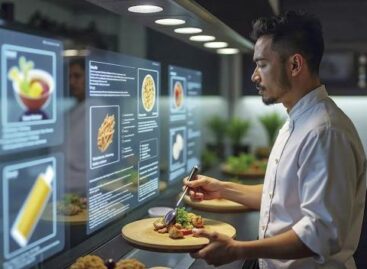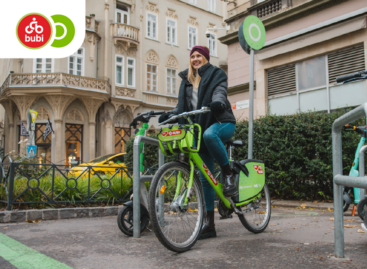New shades of black

Márton Vajda
kávé- és premium spirits and coffee manager
Coca-Cola HBC
Magyarország
Márton Vajda, premium spirits and coffee manager of Coca-Cola HBC Magyarország, told our magazine that Hungarian coffee consumption was more than 19,000 tonnes in 2022. “Coffee bean prices elevated by 100% from the 2021 level – primarily because of lower yield and higher transportation costs – but production, packaging materials and shipping also became more expensive. This slowed down the coffee category’s growth, and it seems that the premiumisation process has come to a temporary standstill” – added Mr Vajda.
In a different role

Enikő Boglárka Tóth
commercial leader
Nestlé Professional
Enikő Boglárka Tóth, commercial leader of Nestlé Professional: “The negative changes of 2022 had an impact on the coffee category too. Premiumisation has remained strong in out-of-home consumption, as consumers like to reward themselves with a nice cup of coffee on busy working days.”
Nescafé follows the same sustainability strategy in retail and HoReCa. The goal is to have no product packaging ending up in the waste bin, keeping all of them in circulation.

Balázs Szabó
Mocca Negra
horeca manager
Balázs Szabó, HoReCa manager of Mocca Negra: “In volume Hungarian coffee consumption grew a little or stagnated in 2022, but in value sales soared. Whole bean and capsule sales continued to develop nicely. Right now the market situation doesn’t favour more expensive fair trade products.”
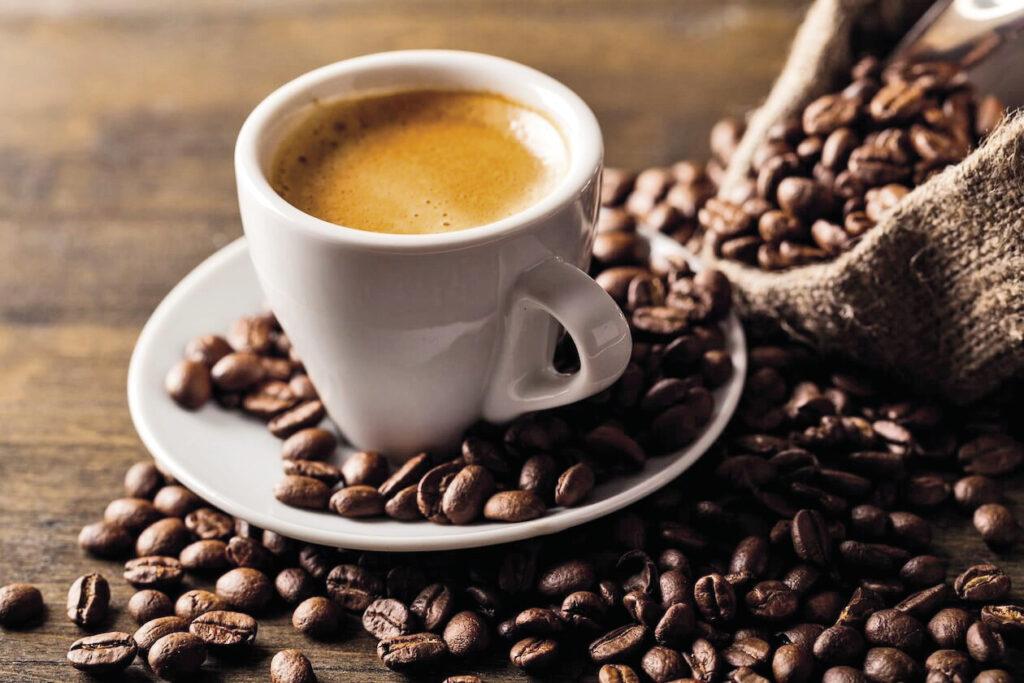
fogyasztónak fontos az etikus és fenntartható termelés, de a választást még az árak diktálják
Adaptation
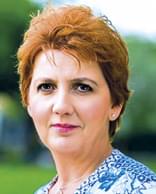
Judit Tóthy
managing director
Brando Central
Judit Tóthy, managing director of Brando Central:
“2022 turned out to be an extreme year, with hectic price movements for 8 months, most of the times prices were rising. Green coffee beans coming from certain growing regions became 250% more expensive, while the price increase was “only” 40% for coffee beans from other growing areas.”

A vendéglátásban a kávé a legnagyobb haszonkulccsal eladható termék, nem érdemes rajta spórolni

Tibor Németh
owner
Mokador
Tibor Németh, owner of Mokador Kft.: “Shoppers got used to prices rising in basically every product category, especially if the process was gradual, so demand for coffee was rather steady last year. In HoReCa guests don’t like to give up drinking a quality brew, so they are willing to pay a higher price.”
Positioning
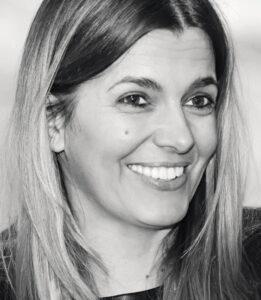
Andrea Boda
commercial director
Caffe Perte
Andrea Boda, commercial director of Caffe Perte:
“After 2 years of Covid, life is slowly getting back to normal in the coffee market, but many smaller companies didn’t survive the crisis. A restructuring process has commenced in HoReCa, a kind of “natural selection” took place.”
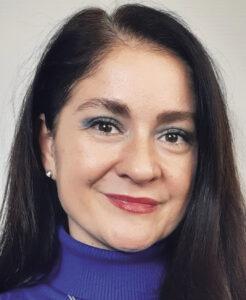
Zsófia Somlai
brand manager
G.I.F.T.
Zsófia Somlai, brand manager of G.I.F.T. Kft.: “Besides climbing coffee prices, coffee processing firms also have to cope with supply problems. Our company had no other choice but to give the representation of the Caffé Vergnano brand to Coca-Cola HBC Magyarország Kft., so in 2022 we decided to start distributing Caffè Diemme whole bean and ground coffee products, which are made by a Padova-based family business.”
The near future
Márton Vajda is of the opinion that just like in the past, the engine of growth will be more expensive capsule and whole bean coffees in the retail channel. Coca-Cola HBC Magyarország was the first to sell coffee in compostable capsules from 100% sustainable sources, and Mr Vajda believes that this segment will also develop nicely. Another emerging trend is the expansion of capsule multipacks.
Enikő Boglárka Tóth doesn’t expect a drop in coffee consumption, but she thinks that consumers will become even more conscious and price-sensitive this year. Her view is that fast and reliable machinery will be very important in out-of-home consumption, especially those machines that need little human labour, as the sector is struggling with serious workforce problems.
Balázs Szabó predicts a difficult year for the Hungarian coffee market in 2023. He reckons that the lower and the medium segments will strengthen, and there is a possibility that many of those consumers who are drinking top premium coffees will switch to mainstream products. Mocca Negra puts lots of work into solving the problem of composting used coffee capsules.
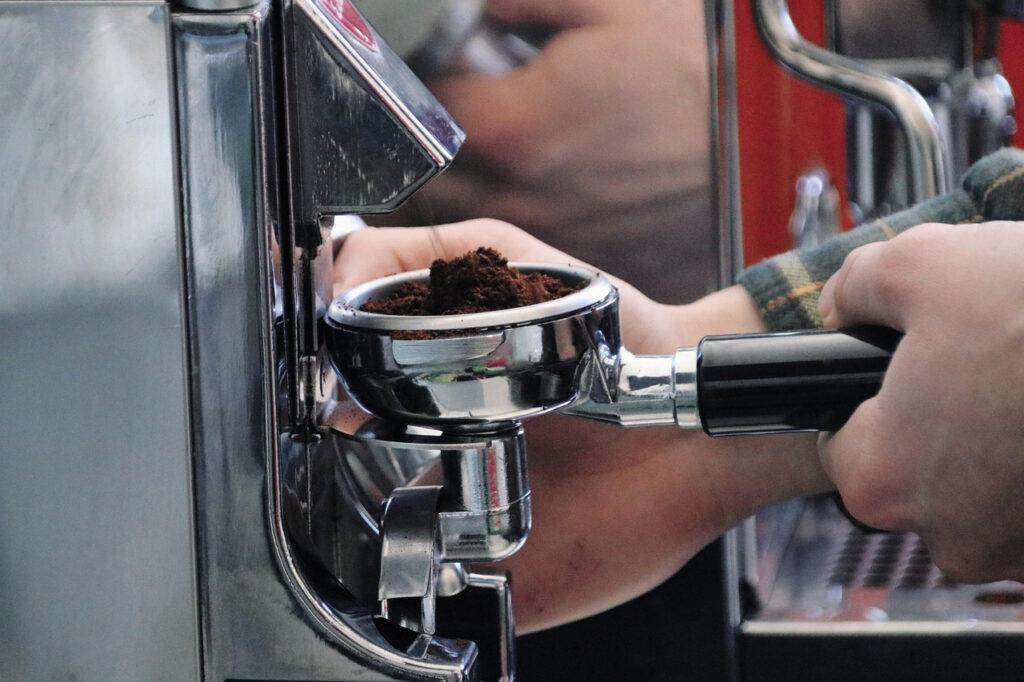
Machines are important, but the outcome depends on the barista
Synergies and connections
Judit Tóthy reported to our magazine that they added new products to Brando Central’s flavoured coffee selection. They offer a solution for every coffee maker type, and the company’ specialty portfolio is also growing. In 2022 production started in a certified organic facility.
Tibor Németh is optimistic about 2023, and Mokador Kft. calculates with sales growth in retail too, as there are no huge price differences between higher and lower quality coffees. In HoReCa the market will become more concentrated, because smaller places won’t be able to pay their overhead costs.
Andrea Boda doesn’t think that people will drink less coffee, but she says the place and the way of consumption are definitely changing. Capsule coffee is comfortable but expensive, and it isn’t very good for the environment even if capsules are recycled.
Zsófia Somlai told that quality coffee is an affordable luxury for many people. What G.I.F.T. Kft. adds to this is machinery, service and maintenance, sales reps with great experience in the coffee category, and nationwide coverage. //
Behind the shelves and in front of them

Márk Maczelka
head of communications
SPAR Magyarország
According to Márk Maczelka, head of communications at SPAR, the inflation hit every category of the coffee segment in 2022, and it made things even worse that coffee prices are very much exposed to the fluctuation of foreign currency exchange rates. SPAR experienced a slowdown in the sales growth, but whole bean and capsule coffee sales kept their growth potential.
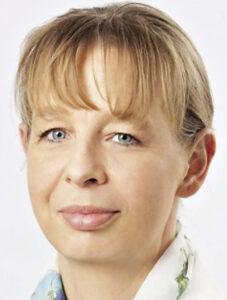
Krisztina Sólyomné Vázsonyi
purchasing manager
Auchan
Krisztina Sólyomné Vázsonyi, purchasing manager of Auchan told our magazine that shoppers have become more conscious in their spending. Many of them switch to cheaper coffee brands, or from capsule coffee to whole bean and ground variants. In the present situation more and more shoppers check the per cup price of products.
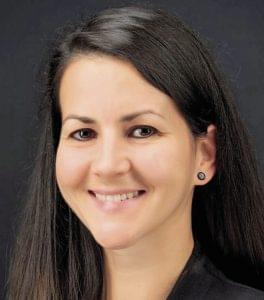
Tímea Tulkán
own brand and commercial activities
manager
METRO
We learned from Tímea Tulkán, own brand and commercial activities manager of METRO, that coffee prices kept rising recently, due to factors such as extreme weather and supply chain disruptions. A growing proportion of consumers enjoy coffee and demand is growing for high quality coffees.
Márk Maczelka believes that the price increase will generate bigger demand for coffees with a good price-value ratio, and also for large-sized products. Krisztina Sólyomné Vázsonyi opines that in terms of new innovations it is flavoured coffees – both whole bean and capsule products – where the most exciting novelties are. Tímea Tulkán explained: they don’t simply sell coffee, because METRO covers all aspects of coffee consumption, and the METRO Gastro Academy regularly hosts barista trainings. //
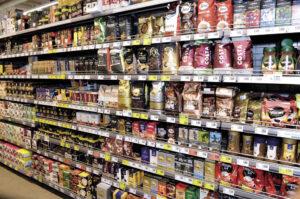
Ever more often is the price per cup of coffee calculated
//
Black, white
In January OMV published the results of a nationwide survey, which revealed that half of Hungarians drink two cups of coffee every day, while one third enjoys three or more cups daily. Espresso is the most popular variety, as 56% drink coffee in this form, followed by cappuccino at 34% and long coffee at 19%.
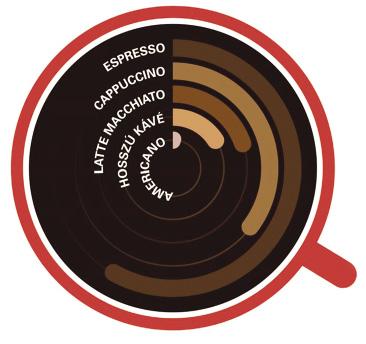
//
Machine and man

Ákos Zádor
sales director
Pannon Kávé
Ákos Zádor, sales director of Pannon Kávé told that every café, bar and restaurant is different, so the priorities also differ when choosing a coffee machine: small size, stylish design, data providing feature – usually these are important criteria; low energy use has also become more important recently. Pannon Kávé can satisfy all kinds of demand. //
Home delivery
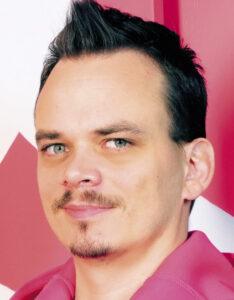
Zsolt Szauter
CMO
foodpanda
During the pandemic people started ordering coffee with delivery from cafés, and we asked Zsolt Szauter, CMO of foodpanda, to tell us what has happened to this trend since then:
“In 2022 more than 600 foodpanda partners served coffee ordering customers all over Hungary, which was almost 10% of our restaurant and retailer partners.
The most popular source of coffee was panda market, the company’s own store network, from where tens of thousands of coffees were delivered. Tesco and Penny were also popular, just like McDonald’s and Starbucks. By the end of 2022 the number of orders containing coffee almost doubled, and there was no seasonality observed in this trend. Typically foodpanda customers like to order coffee between 6.00 and 9:00 in the morning. Coffee is also popular with lunch orders, and the demand for coffee is the biggest on Monday.” //
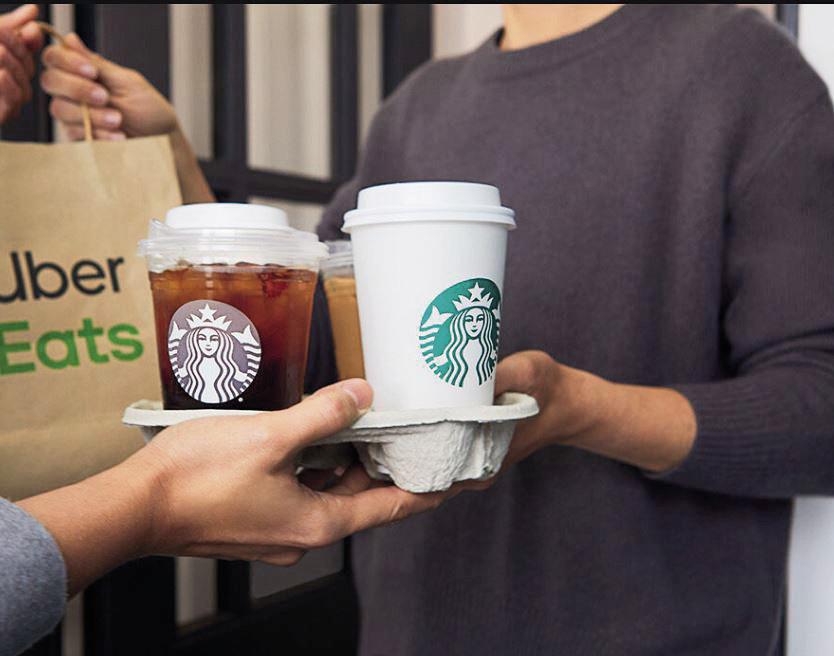
Coffee is mainly ordered in the morning, but sometimes also in lunch time
//
Coffeehouse chains
Global research by the World Coffee Portal has come to the conclusion that the heads of the biggest coffee chains are quite optimistic about their sales performance in 2023. Sales by the big players exceeded the pre-pandemic level in 2022. Coffee chains reacted to the pandemic by launching ordering apps, and by focusing on delivery and click&collect services. After the Covid period the question of sustainability became more important once again, and chains stepped up their efforts for reducing the use of disposable cups, containers and packaging. //
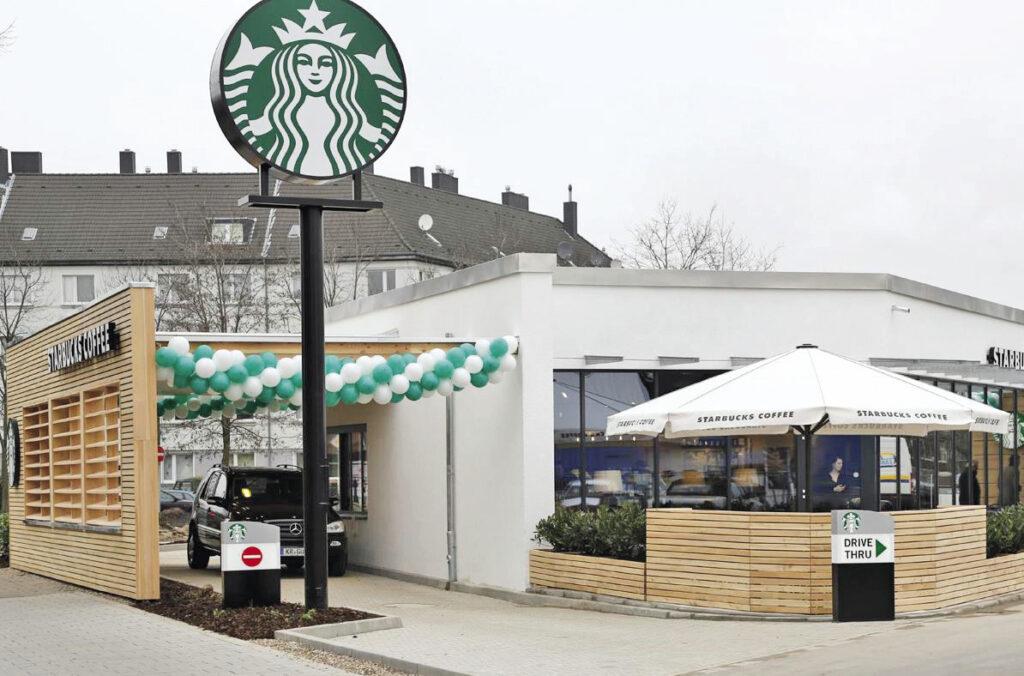
Drive-thru coffee shops proliferate in Europe
On the road

András Urbin
fast food and coffee category maneger
Shell Hungary
András Urbin, fast food and coffee category manager of Shell Hungary informed: with the launch of the Shell Café brand they stopped selling traditional coffee products, and two new barista coffee blends became available – these have the same price and their sales performance is also kind of similar. Shell updates the product selection seasonally. There is already a Shell Café in the Tesco store in Budaörs too. //
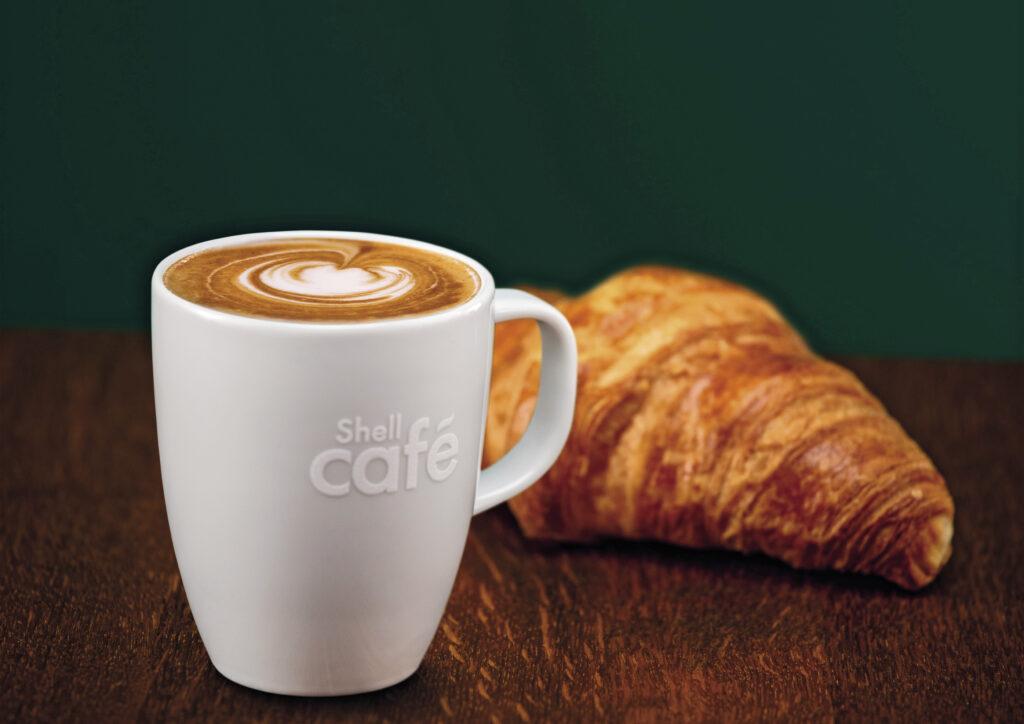
The offering is updated n line with trends and seasons
How do you drink your coffee? With how much caffeine?
Those who love coffee but don’t wish to consume too much caffeine can drink decaf coffee, but the majority of consumers don’t like the taste of these products. Their other choice is opting for a variety with lower caffeine content. Coffee made from Laurina beans is a good example of this – no wonder that Café Libre in the United Kingdom, The Barn in Germany and Buzz Lite in the USA all make coffee from Laurina, which fans say also provides longer-lasting energy.
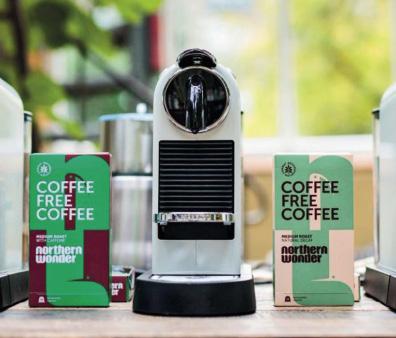
Coffee free coffee
//
This article is available for reading in Trade magazin 2023.2-3.
Related news
Nearly 140 domestic suppliers, 60% growth – SPAR Regions Treasures program accelerates with AI solutions
🎧 Hallgasd a cikket: Lejátszás Szünet Folytatás Leállítás Nyelv: Auto…
Read more >Hello, who ordered the hamburger?
🎧 Hallgasd a cikket: Lejátszás Szünet Folytatás Leállítás Nyelv: Auto…
Read more >Related news
II. Green Gastronomy – Marketing Communication Workshop organized by the MMSZ HoReCa and Green Section
🎧 Hallgasd a cikket: Lejátszás Szünet Folytatás Leállítás Nyelv: Auto…
Read more >The Bubi pilot period continues: you can still test Mobi points with bikes until the beginning of March
🎧 Hallgasd a cikket: Lejátszás Szünet Folytatás Leállítás Nyelv: Auto…
Read more >


